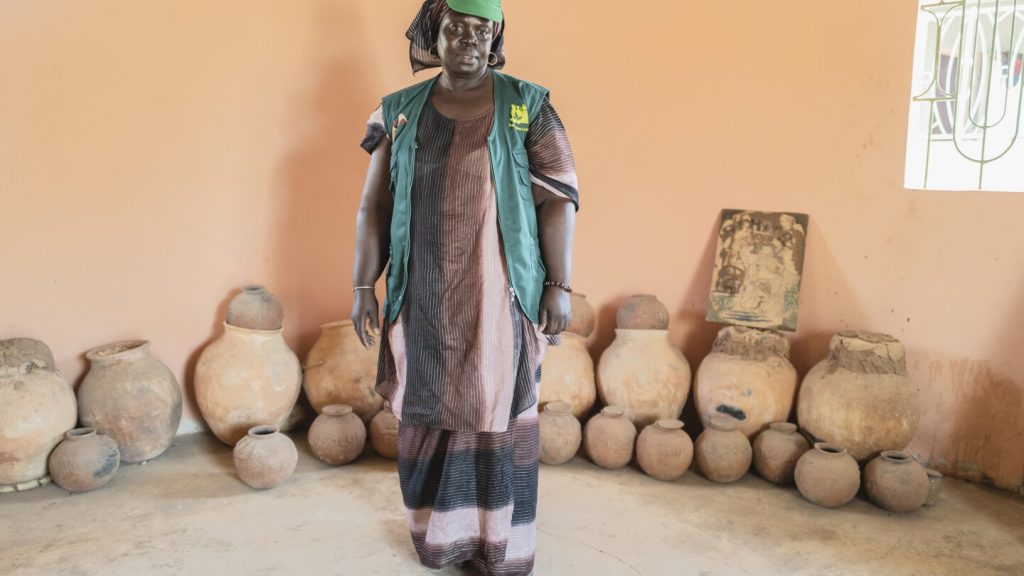In the village of Ziguinchor, Senegal, Mariama Sonko is leading a movement called We Are the Solution, which aims to empower rural women farmers in West Africa. These women, who make up a large part of the agricultural workforce in Senegal, face challenges in accessing land, education, and finances compared to men. Sonko’s movement provides training to women farmers, educating them on their rights and supporting women-led agricultural projects. The goal is to create a ripple effect in communities when women are given opportunities to thrive and manage their own resources.
Traditionally, women in West Africa do not own land because they are expected to leave their communities upon marriage. This lack of land ownership can create barriers for women who need access to resources for farming and economic empowerment. Sonko’s personal experience of struggling after her father’s death and being forced to marry young drove her to advocate for women’s rights and access to land. Through her work with We Are the Solution and support from organizations like Catholic Relief Services, Sonko is providing women farmers with the tools and resources they need to succeed.
Women farmers in West Africa often face invisibility and lack of recognition for the important work they do in agriculture. Despite working longer hours than men on average, women earn less and have less control over how money is spent within their households. Sonko’s training center has been able to support over 100 women from various countries in the region, teaching them skills in agroforestry and micro-gardening. By investing in women farmers, Sonko believes that communities can benefit from the reinvestment of profits into health, education, and local economies.
Climate change is posing new challenges for women farmers in Senegal and the surrounding region, with rising temperatures and erratic rainfall patterns affecting crop yields. However, women have been quick to adapt to climate innovations and find solutions to mitigate the impacts of climate change. Sonko’s work in documenting indigenous rice varieties and preserving seeds is not only a way to adapt to changing environmental conditions but also a way to highlight the important role of women as seed custodians in their communities. By using resilient seeds and organic farming practices, women farmers are able to produce high yields without relying on synthetic pesticides and fertilizers.
Sonko’s efforts in promoting sustainable farming practices and empowering women in agriculture have been recognized by her community and beyond. By providing training and resources to women farmers, Sonko is not only improving the livelihoods of individuals but also contributing to the overall development of communities. As she continues to expand her farming centers and reach more women in southern Senegal, Sonko’s ultimate goal remains to advocate for the importance of women in agriculture and ensure that they have the tools and support needed to thrive in their work.


